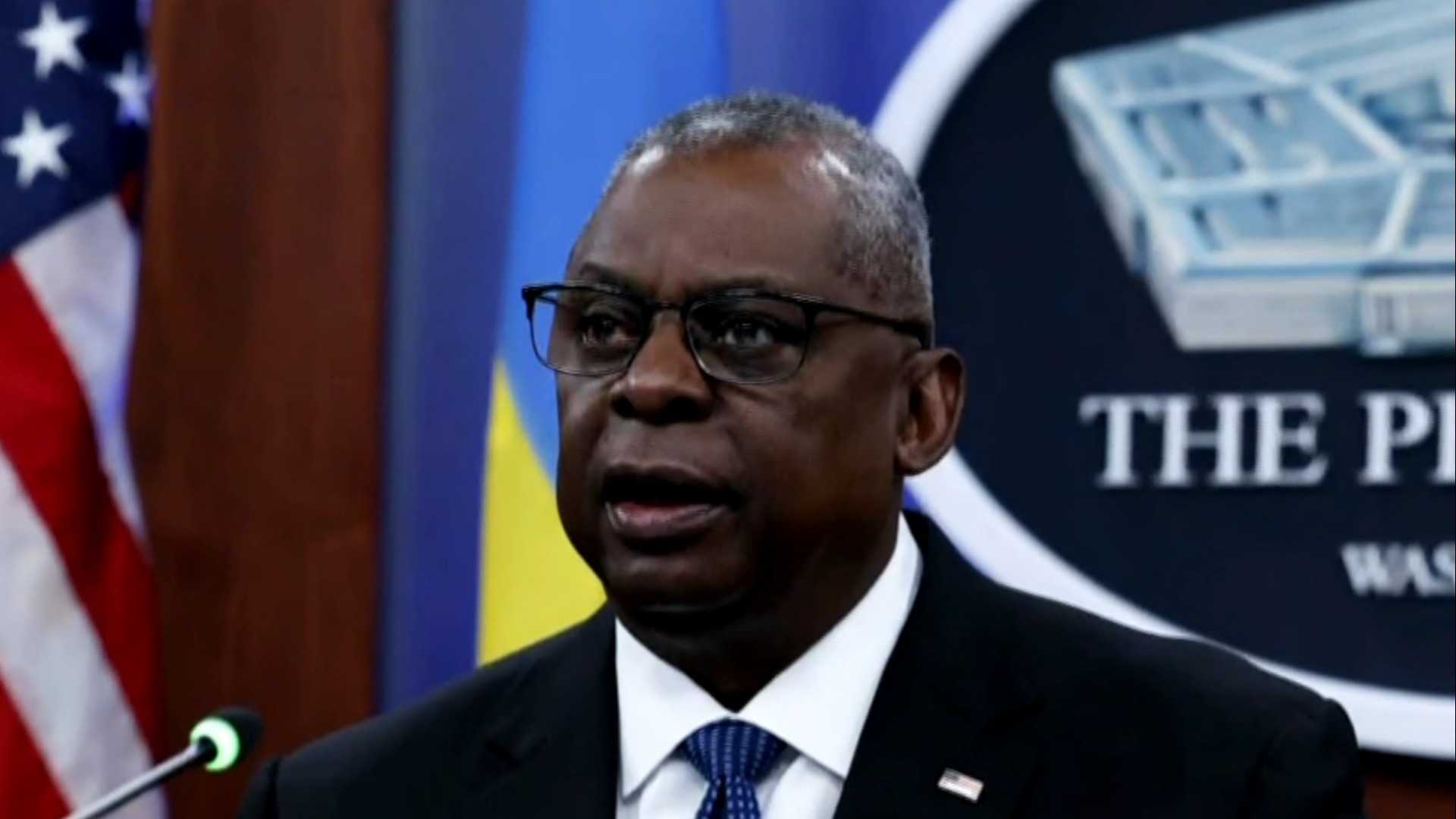Politics
Defense Secretary’s Secret Hospitalizations Raised National Security Risks, Report Finds

WASHINGTON — Defense Secretary Lloyd Austin‘s failure to disclose his hospitalizations for prostate cancer treatment and complications in late 2023 and early 2024 “unnecessarily” increased national security risks, according to a scathing 188-page report released Wednesday by the Department of Defense Office of Inspector General (OIG).
The report scrutinized Austin’s hospitalizations in December 2023, January 2024, and February 2024, highlighting communication breakdowns within the Pentagon and with the White House and Congress. The OIG attributed the lapses to Austin’s “strong desire for privacy” about his medical condition, which left even his chief of staff and Deputy Defense Secretary Kathleen Hicks unaware of his cancer diagnosis and treatments.
On Jan. 1, 2024, Austin was rushed to Walter Reed National Military Medical Center for severe pain but requested the ambulance not use lights or sirens. He also instructed his personal security officer not to notify anyone about the incident. “No one on Secretary Austin’s staff knew the seriousness of his condition, including when his condition became worse and he was transferred to the Surgical Intensive Care Unit on January 2,” the report noted.
In a text message on Jan. 3, 2024, Austin’s chief of staff, Kelly Magsamen, urged him to be more transparent. “I wish [Secretary Austin] were a normal person but he’s the [Secretary of Defense]. We have a big institutional responsibility. He can’t just go totally dark on his staff,” Magsamen wrote, according to the report.
The OIG also found that during a subsequent hospitalization on Feb. 11, 2024, Austin’s authorities were not transferred for several hours, despite the seriousness of his condition. The report concluded that the Department of Defense lacked a comprehensive plan for transferring duties in the event of the secretary’s absence.
Inspector General Robert Storch emphasized the need for improvements, stating, “These improvements are not just an administrative necessity; they are an operational and national security imperative.” The OIG issued 20 recommendations to address the issues, urging prompt action.
In a February 2024 press conference, Austin acknowledged his office’s shortcomings. “I want to be crystal clear. We did not handle this right, and I did not handle this right,” he said. “I should have told the president about my cancer diagnosis. I should have also told my team and the American public, and I take full responsibility.”
A senior defense official, speaking anonymously, defended Austin, stating there was “no scandal” or “cover-up” and that either Austin or Deputy Secretary Hicks was always prepared to support the president.












